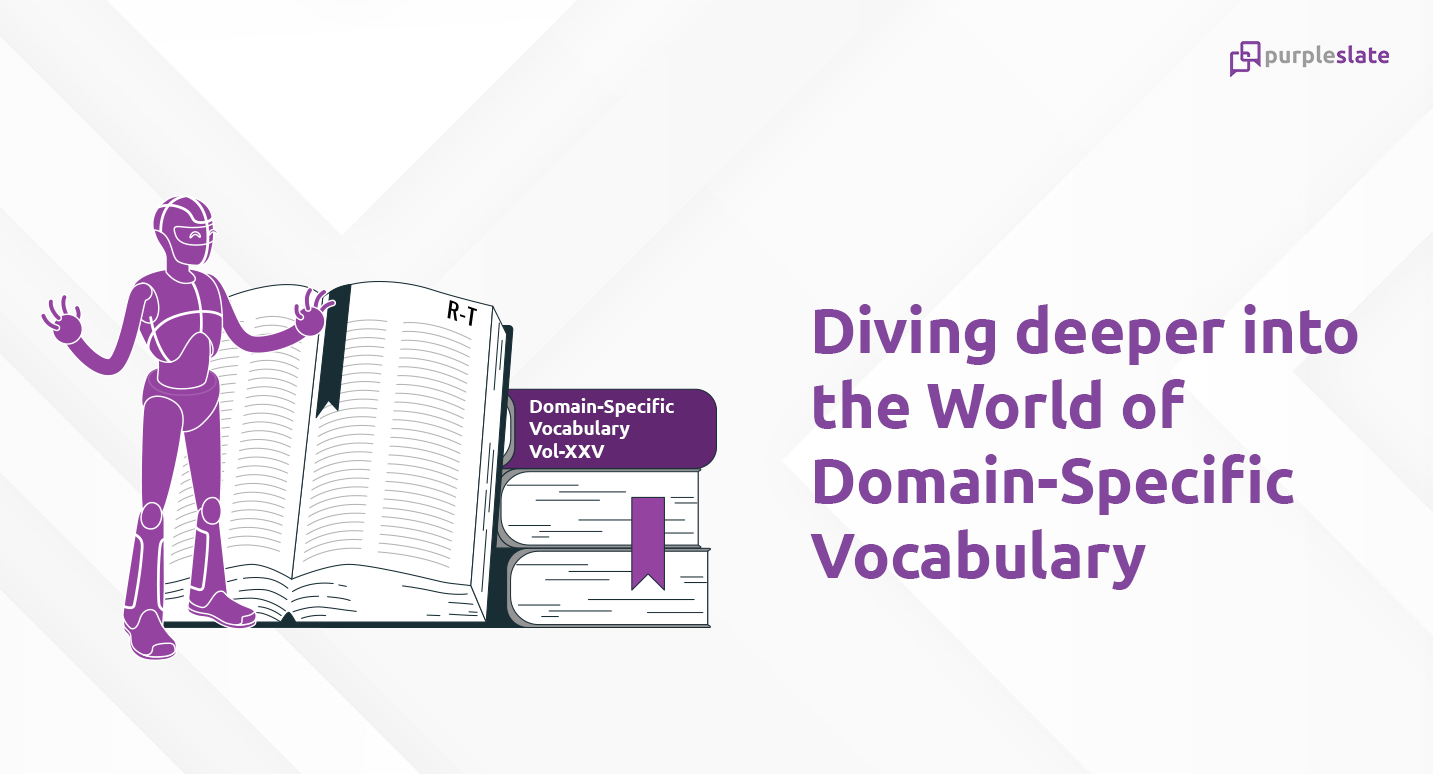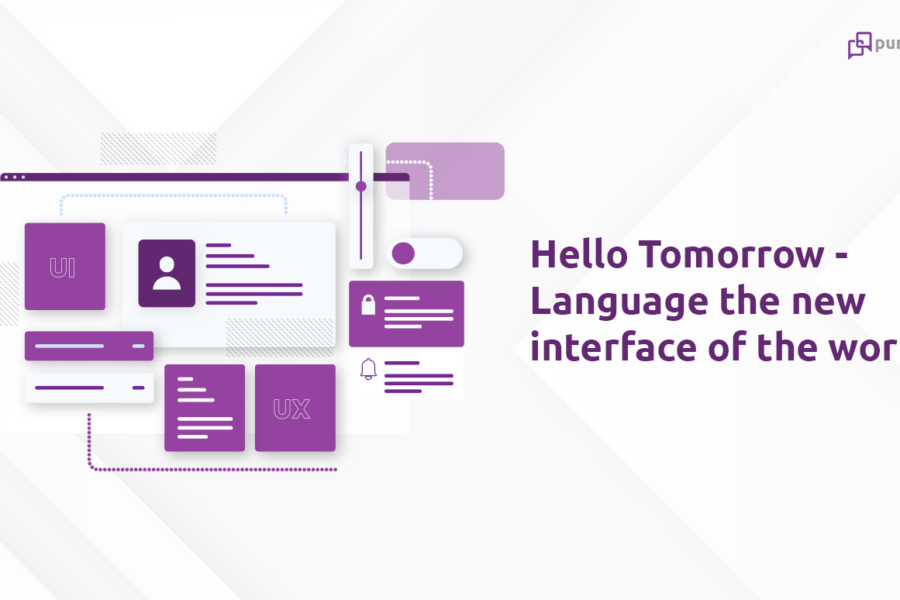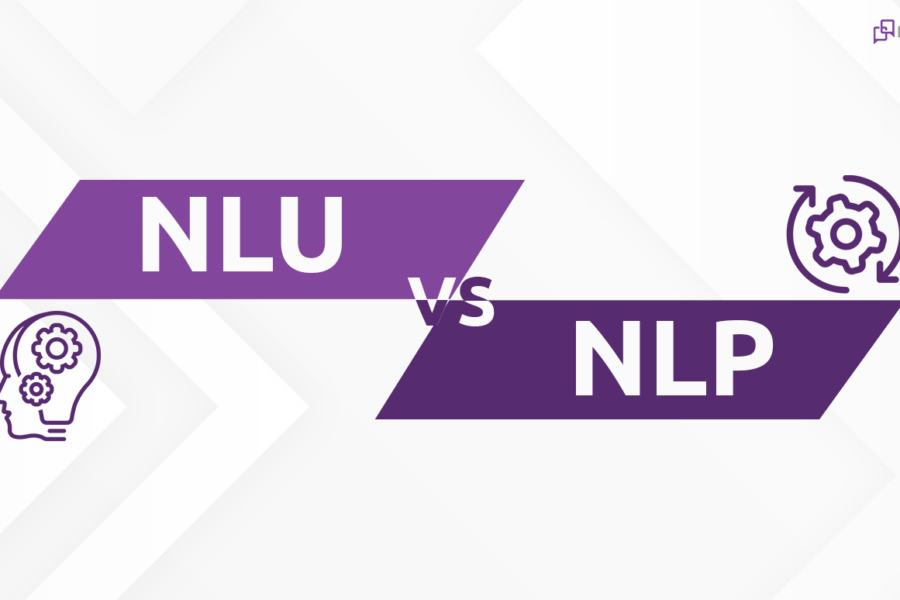
Introduction
Diving Deeper into the World of Domain Specific Vocabulary
The field of conversational AI is booming right now. We’re seeing rapid advancements in speech recognition, natural language processing, and artificial intelligence — all of which are essential for this revolutionary technology. Conversational AI and by extension conversational insights both have great levels of dependency on building vocabulary. After all, these systems are designed to Talk to Your Data® and vocabulary plays a vital role in gaining data insights or talking to a conversational AI powered bot.
“Conversational AI Will Reduce Contact Center Agent Labor Costs by $80 Billion in 2026” – Gartner
Most companies investing in Conversational AI (CAI) powered customer support tools or business intelligence tools are doing so to solve their own specific business problems. These specific business problems will come up with their own set of specific vocabularies that are either known to the organization, or the industry, or the business unit. This leads us to our first question – What is Domain Specific Vocabulary?
Deciphering Domain Specific Vocabulary
Domain specific vocabularies are sets of pre-defined words that are related to a specific field of expertise. As explained above, these can vary within businesses, functions, or industries. These sets are created to cover a specific niche, which is usually relevant to a particular business problem. For example, an insurance company may build a vocabulary to cover the types of claims or products that they offer. The healthcare and pharma sector will have its own set of diverse and varied terminologies. The vocabulary allows the company’s conversational AI system to understand and process the terms in a way that makes the customer experience better.
Domain-Specific Vocabularies in Practice
Even though the use cases are spread across multitudes of industries, and different business practices, for the purpose of simplifying the blog, we take three areas where domain specific vocabulary makes or breaks the business on a daily basis.
Healthcare
Healthcare companies often build their own vocabulary to cover the terms and phrases related to their products and services. For example, an orthodontist may build a vocabulary for dental braces to cover the terms related to braces like “bracing options” or “treatment plans.”
Insurance
As we mentioned above, domain-specific vocabularies are especially important in insurance applications. One use case is to build a vocabulary related to claims or products for an insurance covering a super retailer for food products. The insurance company needs to build a vocabulary to cover the terms like “bulk foods” or “bulk foods aisle.” Both terms mean different areas. When one insures the product, the other insures the space where the product is displayed. Domain specific vocabulary training enables systems to differentiate between these two terms.
eCommerce
Another exciting use case for domain-specific vocabularies is in eCommerce. Many eCommerce companies are experiencing growing pains because they are using generic AI systems that don’t understand their products. These companies can solve this problem by building their own vocabulary for eCommerce vocabulary for their products. A simple example to demonstrate would be with a term as simple as “Cart”. By Cart do you mean the shopping cart or a physical cart is something the language model will be able to figure out with domain specific understanding.
Major Roadblocks for Implementing Domain Specific Vocabulary
Now that we’ve seen how domain specific vocabulary helps train the CAI systems of different industries, its equally important to understand some of the common yet major roadblocks that can hinder the deployment of successful CAI systems.
Lack of Proper Training Data
At the core of conversational AI is speech recognition, machine learning, and artificial intelligence. To get these technologies to work together, you need a lot of training data. The larger the training data, the better your results will be. However, many organizations fail to document or catalogue business specific vocabularies which result in skewed systems with half right results.
Lack of Standardization
Another major issue is the lack of standardization to agree on terms, terminologies, and synonyms. Properly defining the synonyms for domain specific terms is an important step which requires time and effort from the business. Failure doing so, ensures improper and wrong results.
Lack of Consistency
Businesses have this habit of changing their business lingo and vocabulary as and when the leadership changes. This entire exercise will be part of “simplifying” processes. However, the major issue with this is that you have to train the system from scratch again leading to extra costs and a workforce that need to adapt to a new set of vocabulary to interact with the CAI system.
Identifying the Importance of Domain-Specific Vocabularies
When creating CAI systems, the most important things are training data and the vocabulary. The best way to achieve the expected results is by having a large corpus of training data and custom vocabulary to improve accuracy. For example, when building an insurance application, it makes sense to have vocabulary related to insurance claims and products like underwriting, or claim processing. It’s imperative that the system understands claim here signifies the sum assured that will be transacted to the nominee and not a physical claim over any other product.
Another example to emphasize the criticality can be seen in the petcare sector. It has a wide variety of vocabulary to cover the terms related to drugs or disease category. The AI system can help veteranarians get a hands free experience while examining pets. When the doctor dictates doxy 10 mg or doxycycline 10 milligrams, the system will identify both means the same drug and its dosage with the help of domain specific vocabulary understanding.
Parting Comments
The future of conversational AI and conversational insights is bright. We’ll see rapid advancements in speech recognition, natural language processing, and artificial intelligence, which in turn, create more need for systems to train on domain-specific vocabularies.
Being the cornerstone of CAI systems, having a deep understanding of domain specific vocabularies, its use cases in your business, and how to leverage them is imperative for businesses to invest in and enjoy the benefits of CAI powered tools.
Interested in knowing more about how domain specific vocabulary functions in the real world? Head over to our webinar “Enabling Frontline Managers to Take Data-Driven Decisions with Conversational Insights”



